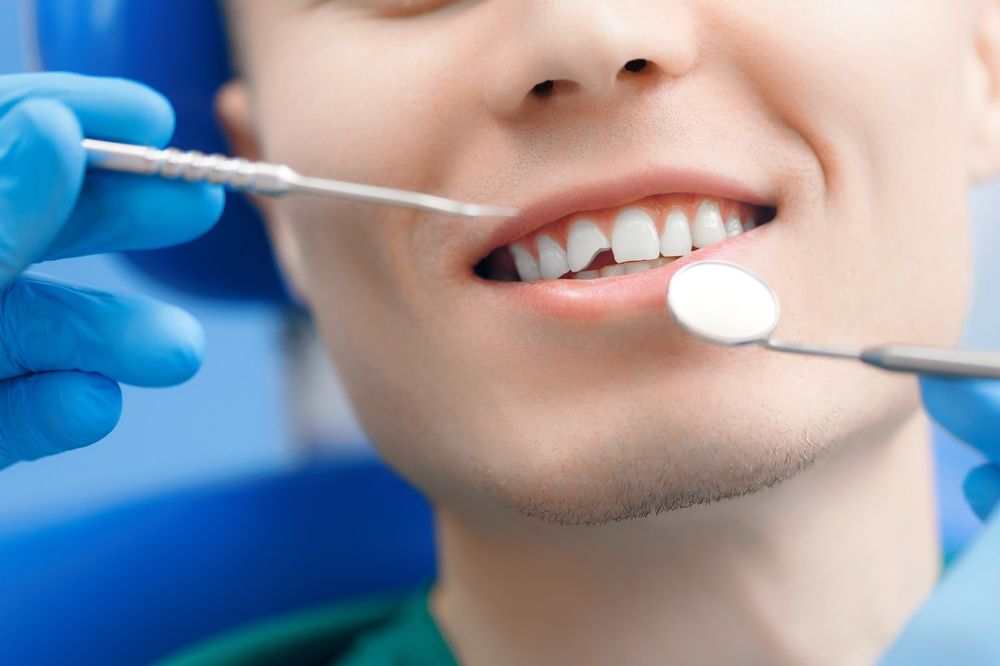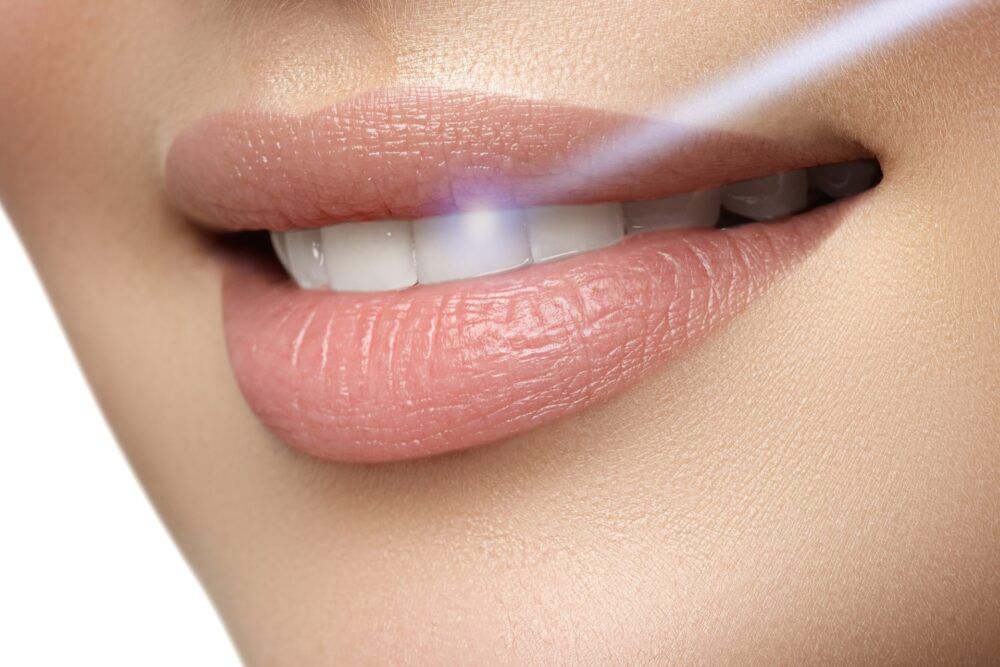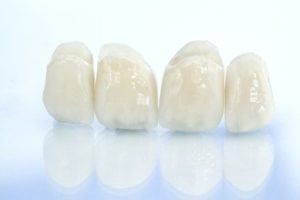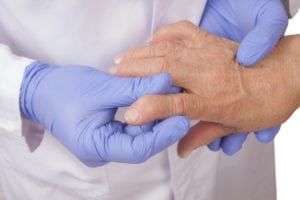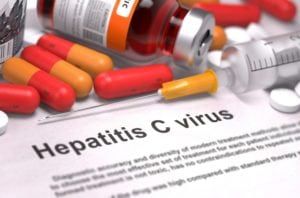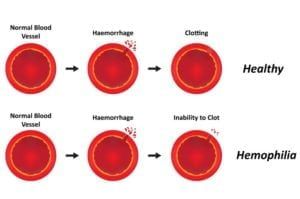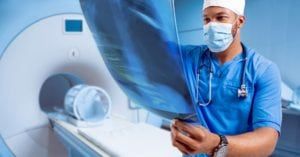The VELscope VX is a groundbreaking technology that is changing the way dentists screen for oral cancer. This cordless device is used to painlessly and quickly examine the soft tissues of the mouth for signs of abnormal, pre-cancerous or cancerous cells. Dentists wear special eyewear and shine the VELscope VX blue light onto the tongue, lips, tonsils, the lining of the cheeks, and the roof and floor of the mouth. Healthy tissues appear green, whereas abnormal tissues appear dark. Often, the VELscope VX is capable of identifying cancerous and pre-cancerous lesions long before they are visible to the naked eye. In addition to VELscope VX screenings, patients can supplement with self-examinations for changes in soft tissue textures or the appearance of sores that bleed or do not go away.
Did you know…
that oral cancer is one of the most dangerous types of cancer in America? Although it only affects approximately 42,000 people annually, only 64 percent of those diagnosed with the disease survive at least five years after diagnosis. Oral cancer often goes undiagnosed for long periods of time due to a lack of obvious signs and symptoms. By the time visible lesions appear, it is often too late for successful treatment. Early detection of oral cancer can significantly improve cancer outcomes.
Frequently Asked Questions
Should I get a VELscope VX screening?
Absolutely. Everyone – regardless of age – should be screened for oral cancer on a regular basis. VELscope is a valuable diagnostic tool that has the potential to save lives.
What should I expect during my VELscope VX screening?
Before you are screened, your dentist will place protective glasses over your eyes. You will then be asked to open your mouth while your dentist shines light into it. Then entire test is painless and usually takes about two minutes or less. If any questionable tissues are found, your dentist may order a biopsy or brush test for microbiological analysis.
Are there any steps I need to take after my VELscope VX screening?
No. VELscope VX oral cancer screenings are completely noninvasive and do not cause any down time. But even if your VELscope results do not reveal any signs of cancer, it is recommended that you return for additional screenings at each dental examination or at least, one per year.

